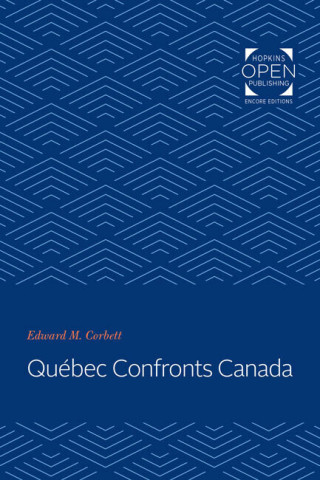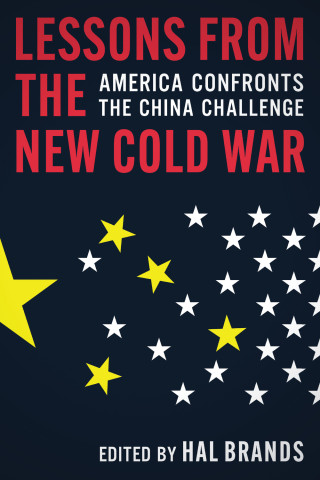Originally published in 1967. The nationalistic sentiment of French Canada was starkly dramatized by the Montreal terrorist bombings in the spring of 1963. Admittedly the work of extremists, that eruption of violence was an offshoot of the profound social, political, economic, and cultural transformation—an accelerated evolution rather than a revolution—that Quebec has undergone since the end of World War II. This revolution tranquille is characterized by a new sense of self-confidence among French Canadians, an eagerness to reject what they regard as any hint of second-class citizenship, and...
Originally published in 1967. The nationalistic sentiment of French Canada was starkly dramatized by the Montreal terrorist bombings in the spring of 1963. Admittedly the work of extremists, that eruption of violence was an offshoot of the profound social, political, economic, and cultural transformation—an accelerated evolution rather than a revolution—that Quebec has undergone since the end of World War II. This revolution tranquille is characterized by a new sense of self-confidence among French Canadians, an eagerness to reject what they regard as any hint of second-class citizenship, and a determination to take full share in all aspects of Canadian life—without, however, sacrificing their French culture and heritage. A threat to the Canadian Confederation is implicit in the growing reluctance of modern French-speaking Canadians to abide the "tyranny of the majority," however enlightened or well-intentioned it may be.
This first book-length study in English of the conflict between French and English Canadians provides a thorough treatment of French-Canadian complaints against English Canada, and of their implications for Canadian unity.
Dr. Corbett devotes the first part of his study to an analysis of the ferment within the French-speaking population of Quebec during the postwar period. He discusses the relation between French-Canadian nationalism and other nationalisms and the roles played by the language barrier, the church, and the separatist movement. In the second part of the study he considers the political, economic, and social implications of separatism, with particular regard to the proposals for adapting the Constitution to Quebecois demands. After tracing the evolution of the ambivalent English-Canadian concept of Canada's national identity, he concludes that the future of the Confederation will depend on how far the English majority is willing to go in meeting French demands.






